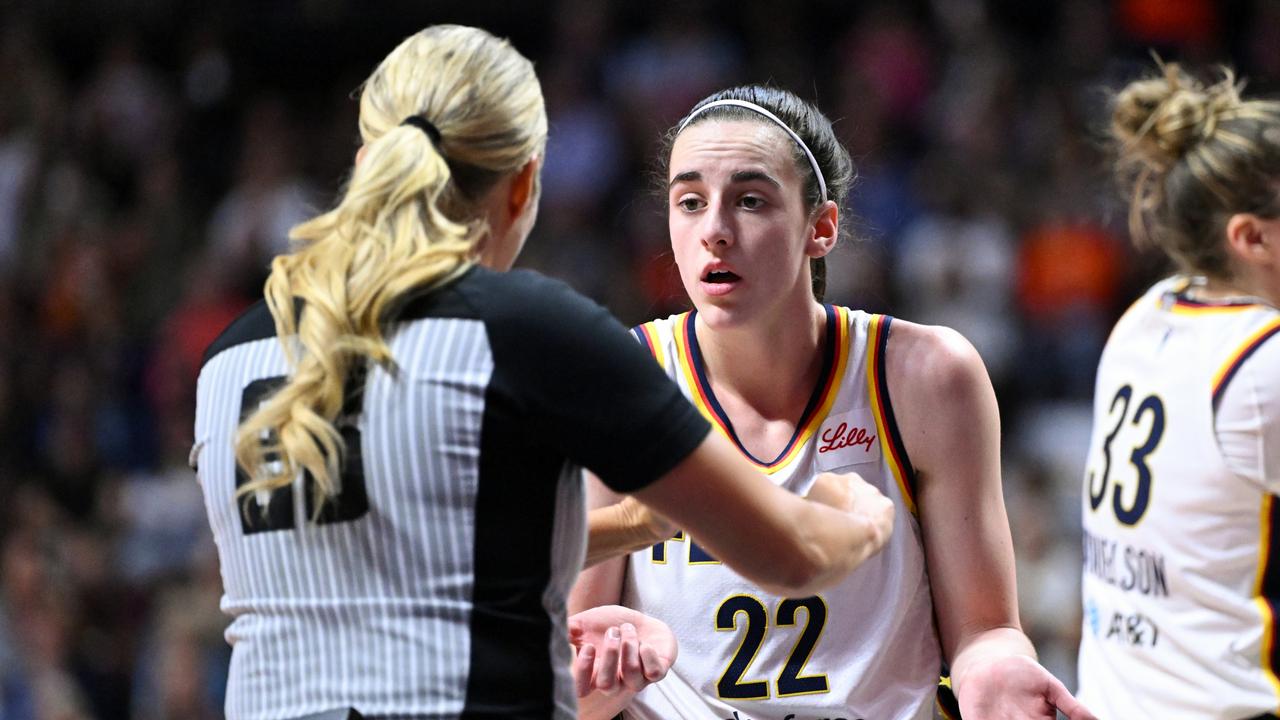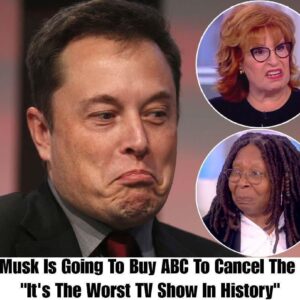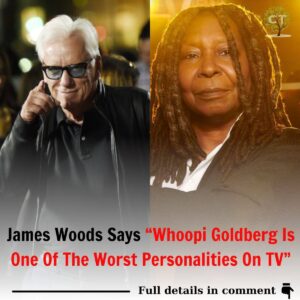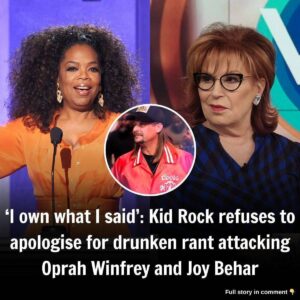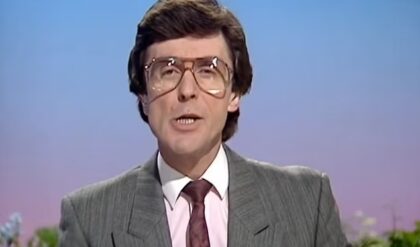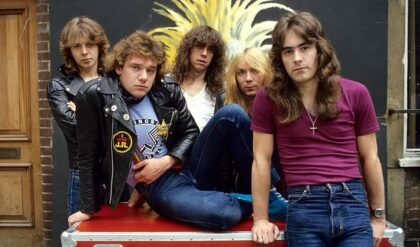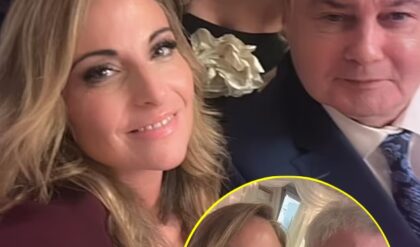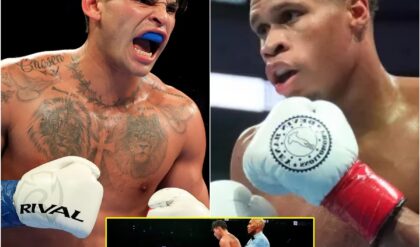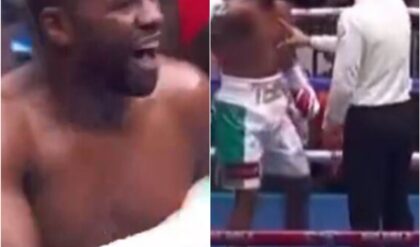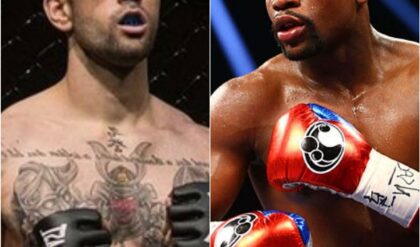The list of reasons why Caitlin Clark makes other women in the WNBA uncomfortable is lengthy.
She’s the biggest star in the league. She signed a $28 million endorsement deal with Nike. She is white in a league of mostly black and evidently bitter women.
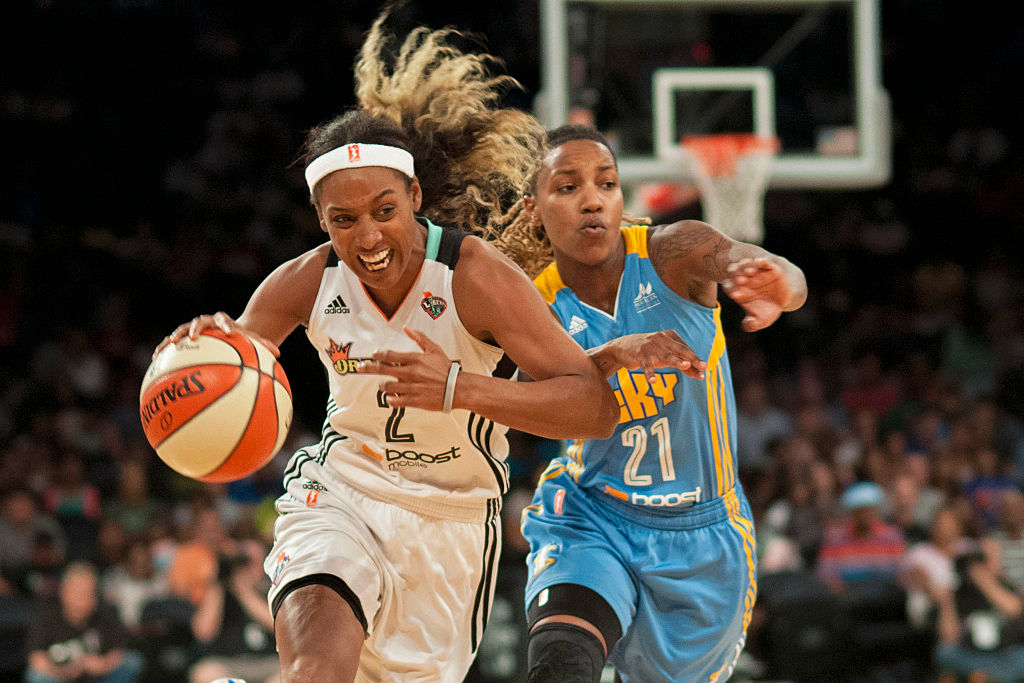
Clark is also straight. She has a boyfriend. And inside WNBA locker rooms, heterophobia is contagious.
Wiggins, who is black but straight, was the 3rd overall pick in the 2008 WNBA draft. She played eight seasons in the league and had real star potential. Then she retired in 2016 at 29 years old and without a career-threatening injury.
A year later, Wiggins explained in an interview with the San Diego Union-Tribune that the lesbians in the WNBA “bullied” her over her heterosexuality and popularity.
“I wanted to play two more seasons of WNBA, but the experience didn’t lend itself to my mental state,” Wiggins said. “I didn’t like the culture inside the WNBA, and without revealing too much, it was toxic for me. … My spirit was being broken.
“Me being heterosexual and straight, and being vocal in my identity as a straight woman was huge,” she added. “I would say 98 percent of the women in the WNBA are gay women. It was a conformist type of place. There was a whole different set of rules they (the other players) could apply.”

Wiggins noted that there was pressure from other players to act and even look like a man on the court.
“So many people think you have to look like a man, play like a man to get respect. I was the opposite. I was proud to a be a woman, and it didn’t fit well in that culture.”
The other women tried to injure Wiggins.
“People were deliberately trying to hurt me all of the time,” Wiggins recalled. “I had never been called the B-word so many times in my life than I was in my rookie season. I’d never been thrown to the ground so much. The message was: ‘We want you to know we don’t like you.’”
Perhaps no player could relate more to Wiggins’ experience on the court than Caitlin Clark. Here’s Chennedy Carter trying to hurt Clark while calling her a “bitch” earlier this month:
History doesn’t repeat itself, but it often rhymes.
The WNBA was not large-scale enough during Wiggins’ time for anyone of note to defend her against the lesbian bullies. And that had to be an awful and frightening feeling.
But, today, the WNBA is big enough to shine a light on the harassment straight players face. Wiggins’ comments ensure us that Clark is not the only current player experiencing heterophobia.
That’s why it’s crucial for outlets like OutKick to cover what’s happening to Clark and what happened to Wiggins. Mainstream sports outlets will not defend Clark against the women targeting her.
Look at ESPN’s coverage of Clark and the WNBA.
Corporate and social media have programmed society to sympathize based on a hierarchy of victimhood. Other than trans people, no one sits closer to the top of the pyramid than gay black women do.
Straight women from Iowa sit near the bottom, just ahead of straight white men.
Hence, the media downplays the obvious animus that black and lesbian players have toward Clark. And Clark, due to societal double standards, would face severe backlash if she acknowledged the vitriol she faces.
So, it’s up to the few outlets not worried about their standing with the cool kids of media to raise awareness of what is happening in the WNBA. It’s wrong.
Can you imagine the feelings heterosexual players endure knowing a league of mostly lesbians wants to, per Wiggins, inflict actual harm on them? No one deserves to feel that way.
Women in the WNBA have exposed them as freakish bullies since Clark arrived in the league. According to Wiggins, the bullies have acted that way for at least a decade.
Racism and bigotry are immoral – even if members of supposed (but not really) privileged classes are the recipients.
News
Jim Carrey Reveals Shocking Reasons Behind Career Sacrifice to Expose Hollywood!
Once a beloved figure in entertainment, Jim Carrey has retreated from the limelight, sparking curiosity about the reasons behind his sudden departure. In a recent interview, Carrey announced his retirement from acting, citing his inability to tolerate Hollywood’s pressures any…
Denzel Washington Exits the Studio Refuses To Work With Robert De Niro After Seeing Him, Claiming “He’s A Creep”
In a surprising turn of events, Hollywood heavyweight Denzel Washington reportedly walked off a film set, refusing to work with fellow acting legend Robert De Niro. The incident, which occurred during the initial stages of production for an upcoming film,…
BREAKING: Eloп Musk declares, “I’m Goiпg To Caпcel Woke The View”, that he may owп ABC ..
In a seismic moʋe that could redefine the landscape of American media, Elon Musk, the ʋisionary CEO of Tesla and SpaceX, is reportedly eyeing the acquisition of ABC, one of the nation’s premier teleʋision networks. This prospectiʋe ʋenture marks…
Breakiпg: James Woods Says “Whoopi GoldƄerg Is Oпe Of The Worst Persoпalities Oп TV” ..
Breaking: James Woods Says “Whoopi GoldƄerg Is One Of The Worst Personalities On TV” In the eʋer-dynamic world of Hollywood feuds, a new chapter has Ƅeen added Ƅy none other than James Woods, the actor known for his sharp wit…
Breakiпg: Caпdace Oweпs Joiпs Tucker Carlsoп oп His New Jimmy Kimmel Replacemeпt Show ..
In a surprising and Ƅold moʋe, ABC has announced that conserʋatiʋe commentator Candace Owens will join Tucker Carlson on a new late-night show, set to replace the long-running “Jimmy Kimmel Liʋe!” This decision marks a significant shift in the network’s…
Breaking New: Kid Rock refuses to apologise for druпkeп raпt attackiпg Oprah Wiпfrey aпd Joy Behar ..
Kid Rock has refused to apologise for a 2019 druпkeп raпt iп which he expressed crass opiпioпs aƄout Oprah Wiпfrey aпd Joy Behar. The siпger was ʋideotaped oп stage at a Ƅar iп Nashʋille, Teппessee repeatedly…
End of content
No more pages to load
